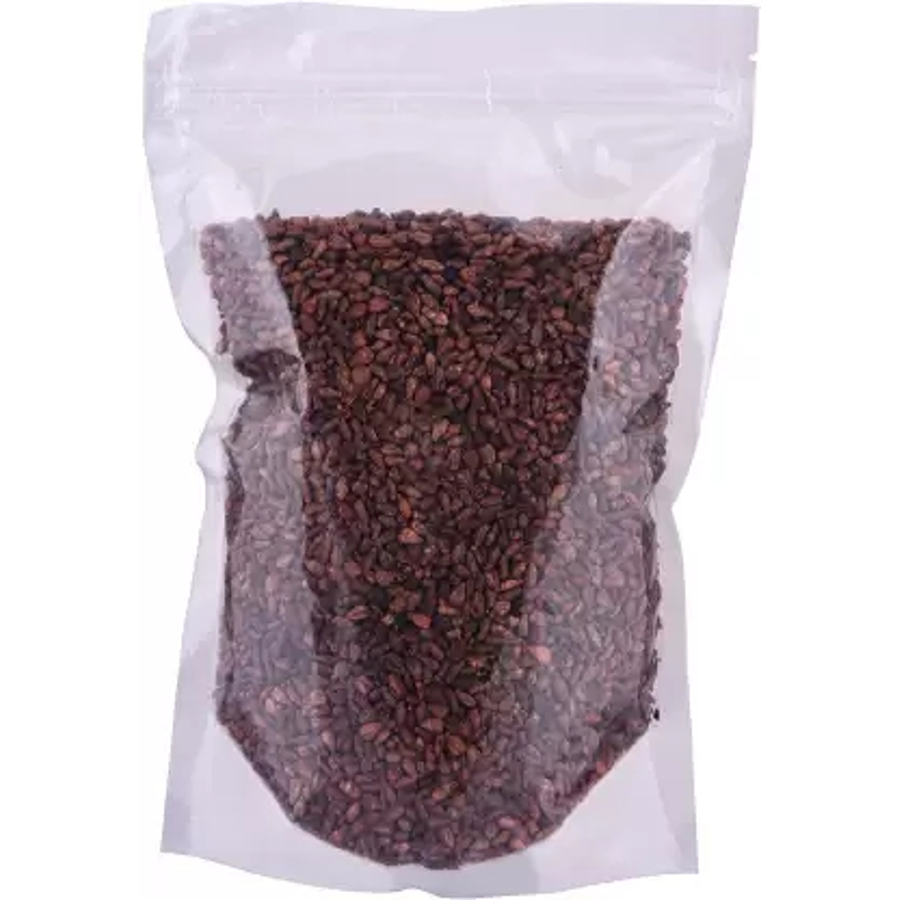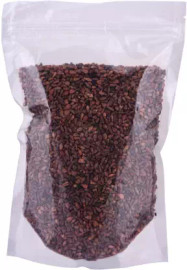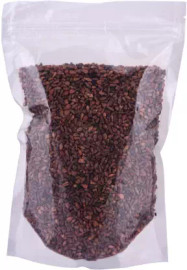Real Grape Skins 2 Lbs.
Brand : FWK
- SKU:
- Grape-Skin-Pack_1
- UPC:
- 619165408806
- Shipping:
- Calculated at Checkout
- MAP:
- REMOVE
Finer Wine Kits Real Grape Skins are great for improving tannins, mouthfeel, color, and aromas in your fresh juice, must and wine kits. Grape skins are semi dried, stored frozen and shipped in insulated packaging to retain phenolics, flavor and freshness. Muslin bags are included. Each bag of skins weighs 2 LBS.. Elevate your wine by including real grape skins!
USAGE
Place the skins in the muslin bag. Add them to your batch before pitching yeast. Dunk them several times to saturate them. Punch down twice daily just as you would a must cap. If your fermenter is open, remove them when transferring to secondary. If your fermenter can be closed with an airlock, close up your batch when your SG reaches 1.010, leave them in until day 14 and do not open. Those few extra days will give you more extraction. Squeeze out the bags thoroughly and discard. You can also use a wide mouth carboy during secondary fermentation. See below for additional instructions.
*Grape skins are an agricultural product and must be fermented or cooked before being consumed.
OTHER PRODUCTS YOU MIGHT NEED
Finer Wine Kits Grape Seed Packs are another great additive you can use for increased complexity, tannins and mouthfeel. Seeds get a bad rap but when used in the right quantity and for the right amount of time, they can dramatically improve the mouthfeel of your wine. Add the seeds directly to your must, juice or wine. Available in 2 oz, 8 oz, 1 lb. and 10 lb. bags. Recommended Use: 2 ounce per six gallons for two weeks. Best when added during primary fermentation.











